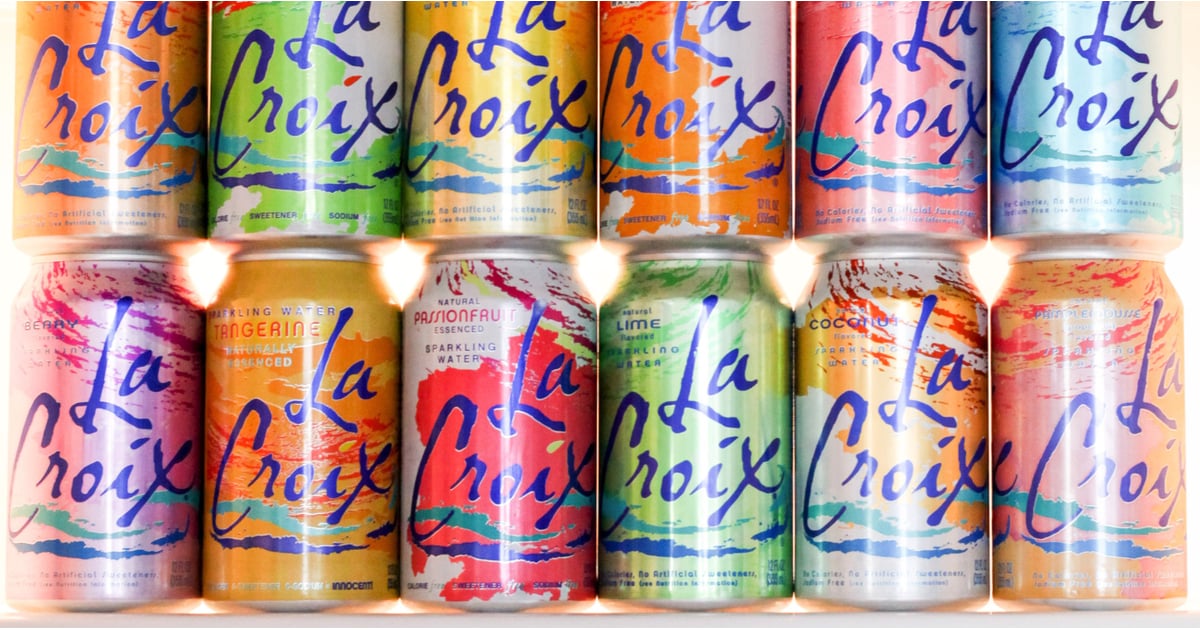Carbonated water (also known as soda water, glowing water, fizzy water, water behind gas or (especially in the U.S.) as seltzer or seltzer water) is water containing dissolved carbon dioxide gas, either artificially injected under pressure or happening due to natural geological processes. Carbonation causes little bubbles to form, giving the water an effervescent quality. Common forms put in sparkling natural mineral water, club soda, and commercially-produced glowing water.
Club soda and glowing mineral water and some further glowing waters contain further or dissolved minerals such as potassium bicarbonate, sodium bicarbonate, sodium citrate, or potassium sulfate. These occur naturally in some mineral waters but are after that commonly further artificially to manufactured waters to mimic a natural atmosphere profile. Various carbonated waters are sold in bottles and cans, in the manner of some as a consequence produced on demand by billboard carbonation systems in bars and restaurants, or made at house using a carbon dioxide cartridge.
Carbonated water is a key ingredient in soft drinks: delectable beverages that typically consist of carbonated water, a sweetener and a flavoring, such as cola, root beer, or yellowish-brown soda. Plain carbonated water is often consumed as an interchange to soft drinks; some brands, such as La Croix, build unsweetened seltzer products that are lightly flavored by the accessory of aromatic ingredients such as necessary oils. Carbonated water is often consumed polluted similar to fruit juice to create sparkling punches or further cocktails, or infused later spread by the complement of cut-up spacious fruit or mint leaves.
La Croix Passion Fruit Naturally Essenced Flavored Sparkling Water, 12 oz Can eBay
How To Make Your Own La Croix Flavor With The Internet's New Favorite Toy
LaCroix could face a lawsuit over its natural flavors - Vox



/cdn.vox-cdn.com/uploads/chorus_image/image/61650183/lacroix.0.jpg)
No comments:
Post a Comment